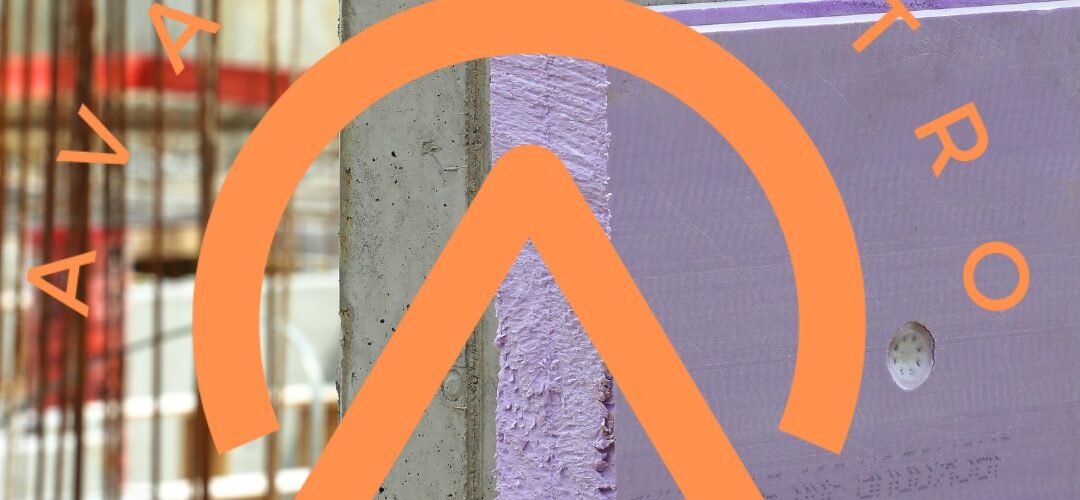Choosing the Best Insulation: EPS, XPS, or Rockwool?
In the realm of construction and insulation materials, selecting the right option is paramount to achieving optimal energy efficiency and building performance. Among the myriad choices available, EPS (Expanded Polystyrene), XPS (Extruded Polystyrene), and Rockwool stand out as popular contenders. In this comprehensive guide, we delve into the intricacies of each material to help you make an informed decision for your specific project.
Understanding EPS (Expanded Polystyrene)
EPS, commonly known as styrofoam, is a lightweight and versatile insulation material. It is composed of expanded beads of polystyrene that are fused together, creating a closed-cell structure. This structure imparts excellent thermal insulation properties to EPS, making it an ideal choice for various applications.
Key Features of EPS
- Lightweight: EPS is exceptionally light, reducing the load on structures and simplifying installation.
- Thermal Insulation: Its closed-cell structure provides effective thermal resistance, enhancing energy efficiency.
- Affordability: EPS is cost-effective, making it a budget-friendly insulation solution.
Exploring XPS (Extruded Polystyrene)
XPS, another polystyrene-based insulation material, undergoes a different manufacturing process. It is formed through the extrusion of molten polystyrene, resulting in a denser, more rigid product compared to EPS.
Notable Characteristics of XPS
- High Compressive Strength: XPS excels in applications where load-bearing capacity is crucial, such as under concrete slabs.
- Moisture Resistance: The closed-cell structure of XPS provides inherent resistance to moisture, preventing mold and mildew growth.
- Smooth Surface Finish: XPS boards typically have a smooth surface, offering ease of installation and compatibility with various finishes.
Evaluating Rockwool Insulation
Rockwool, also known as mineral wool, is a natural and sustainable insulation material made from basalt rock and recycled slag. It is renowned for its fire resistance and exceptional thermal properties.
Key Attributes of Rockwool
- Fire Resistance: Rockwool is inherently fire-resistant, providing an added layer of safety to structures.
- Sound Absorption: Its dense and fibrous structure makes Rockwool an excellent sound absorber, contributing to acoustic comfort.
- Environmental Sustainability: Made from natural and abundant resources, Rockwool is considered an environmentally friendly insulation option.
Choosing the Right Insulation for Your Project
Factors to Consider
- Project Requirements: Assess the specific needs of your project, considering factors such as load-bearing capacity, fire resistance, and thermal performance.
- Budget Constraints: Evaluate the budget constraints of your project, as each insulation material comes with its own cost implications.
- Environmental Impact: If sustainability is a priority, consider Rockwool as it is made from eco-friendly materials.
Conclusion
In the eternal debate of EPS vs. XPS vs. Rockwool, there is no one-size-fits-all answer. The optimal choice depends on your unique project requirements, budget, and environmental considerations. Whether you prioritize affordability, thermal performance, or eco-friendliness, understanding the distinctive features of each material empowers you to make an informed decision.
Written by Emir Narin

